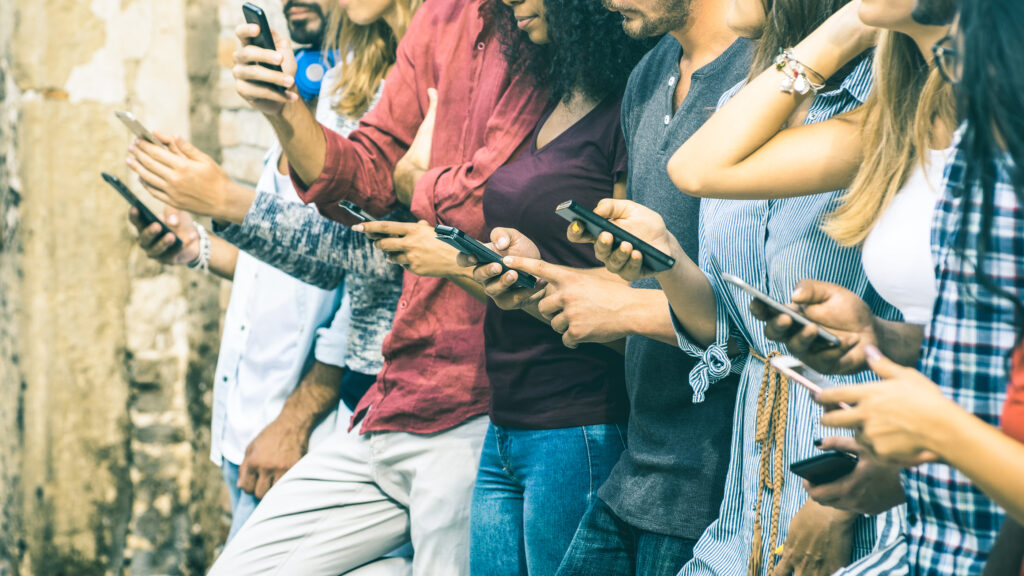The Dark Side Of Social Media In A Hyper-Connected World
In the last two decades, social media has transformed how we communicate, share information, and connect with one another. Platforms like Facebook, Twitter, Instagram, and TikTok have brought the world closer together, allowing us to maintain relationships across distances, share our lives in real time, and even advocate for social causes. However, as we dive deeper into the digital age, it’s crucial to recognize the darker side of social media and navigate its challenges to protect our mental health, privacy, and well-being.
The Mental Health Impact
Studies have shown a correlation between social media use and increased feelings of anxiety and depression. Constant exposure to curated highlights of others’ lives can create unrealistic standards and feelings of inadequacy. The pressure to present a perfect image can lead to anxiety, especially among younger users who may already be vulnerable.
Social media platforms are designed to be addictive, using algorithms that keep users engaged for as long as possible. This can lead to excessive screen time, distractions from important tasks, and difficulty focusing. The constant notifications and updates can fragment attention, making it challenging to engage fully in real-life interactions.

Privacy Concerns
Social media companies collect vast amounts of data about users, from personal preferences to location data. This information is often used for targeted advertising, but it also raises concerns about privacy and surveillance. Many users are unaware of how their data is used and the potential risks associated with data breaches.
The anonymity of social media can lead to toxic behaviors such as cyberbullying and harassment. Victims may face constant negative comments, threats, or personal attacks, which can have severe psychological effects. It’s essential for platforms to implement better safeguards and for users to know how to report and protect themselves from online abuse.
Misinformation and Fake News
Social media has become a breeding ground for misinformation, especially during significant events like elections or public health crises. False information can spread rapidly, leading to confusion and distrust among the public. Users must develop critical thinking skills and verify information before sharing it.
Algorithms often create echo chambers by showing users content that aligns with their beliefs, which can reinforce biases and contribute to societal polarization. Engaging only with like-minded individuals can hinder constructive dialogue and understanding, making it challenging to bridge divides.

Navigating the Challenges
To protect your mental health, set boundaries for your social media use. Limit the time spent on these platforms, and consider turning off notifications to reduce distractions. Designate tech-free times during your day to focus on real-world interactions.
Be intentional about the accounts you follow. Curate your social media feed to include positive influences, educational content, and diverse perspectives. Unfollow or mute accounts that trigger negative feelings or anxiety.
Stay informed about the potential risks associated with social media. Educate yourself on how to identify misinformation, recognize cyberbullying, and protect your privacy. Share this knowledge with friends and family to foster a safer online environment.

Call us today on Tel: +254724740527 to learn more about how our weekly digital marketing newsletter can help your business succeed.
You Can Also Get To Us Through Our Email Address: mansoor@goplacesonline.com
Follow us on our social media platforms:





